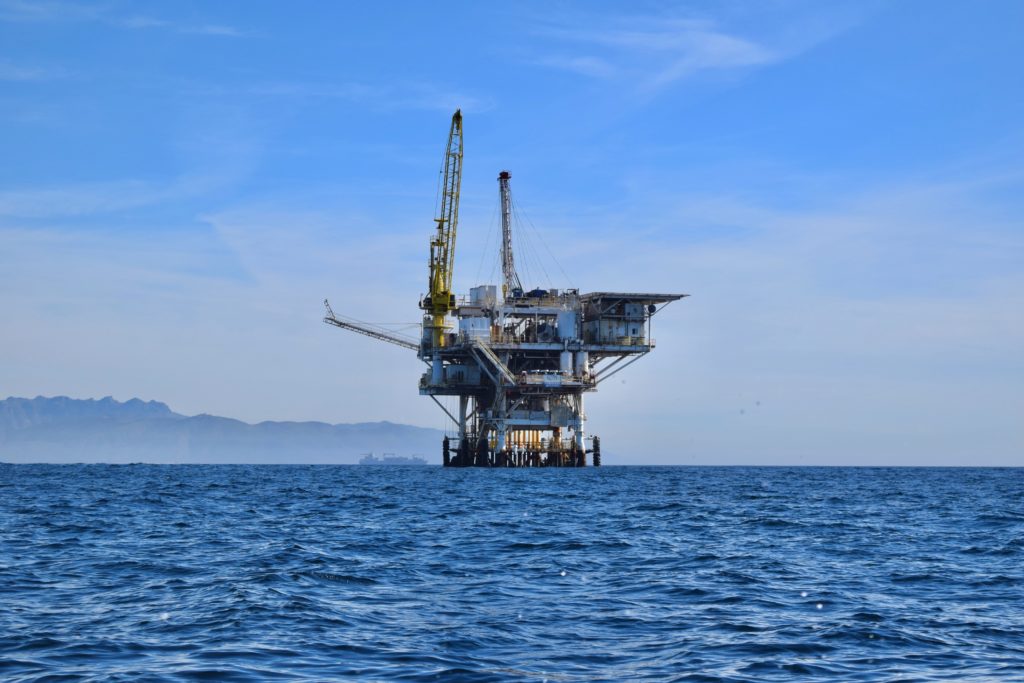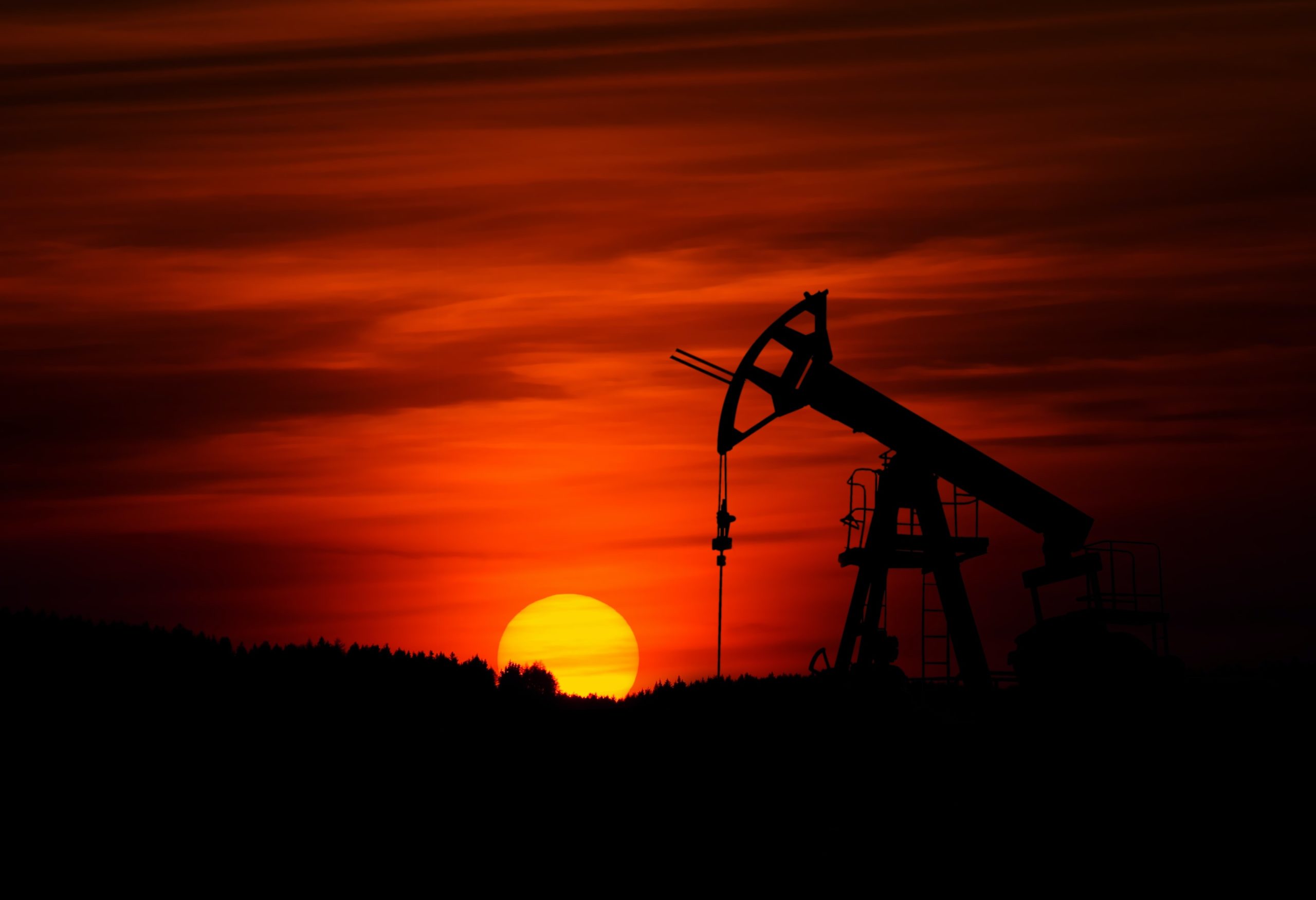Date of the last update: 01.06.2022
Petroleum is undoubtedly one of the most important raw materials used in the global economy. It is used in the power industry as a non-renewable energy source and a base to produce transport fuels, kerosene, paraffin and plastics. Today, it’s hard to imagine the world functioning without “black gold”, as oil is sometimes referred to. On the other hand, its exploration, extraction and transport may have very negative effects on the natural environment.
Table of Contents:
- Oil production – its scale
- Oil and its impact on the environment
- How to solve the problems related to oil extraction?
You can read this article in 4 minutes.
Oil production – its scale
Crude oil is a liquid mineral consisting of about 85% carbon and about 12–13% hydrogen, as well as sulphur, nitrogen, oxygen, metals and salts. It is generally extracted by drilling together with natural gas. Then, it is refined to be converted into petrochemicals and petroleum products. Data show that in 2019 global crude oil reserves stood at 244 billion tonnes, with annual production of over 4.5 billion tonnes. The countries with the largest oil production include Saudi Arabia, Russia, the United States, China, Canada, the United Arab Emirates, Iran, Iraq and Kuwait. The importance of oil to the world economy is undeniable, but on the other hand, environmental contamination caused by this industry begins to be increasingly recognised, as well.
Oil and its impact on the environment
The oil supply industry involves the extraction, processing and refining, storage, transport and distribution of petroleum and its products. It also includes the operation of the infrastructure systems used for these activities – mines, refineries, pipelines, storage facilities, filling stations and tank farms. This strongly developed sector contributes to emission of pollutants into the environment (especially in oil extraction areas), as well as excessive carbon dioxide emissions, dangerous oil spills and groundwater poisoning (e.g. in the Niger Delta ecosystem). Opencast mining is a particularly serious problem, as it is much more toxic to the environment than traditional oil drilling – it causes not only massive carbon dioxide emissions, but also deforestation and water pollution. What is more, large oil tanker disasters occur almost every year, with catastrophic consequences for the contaminated area.

You may also be interested in: How to you make a real impact on your immediate environment
How to solve the problems related to oil extraction?
Given the scale of the global economy development, it’s difficult to find a simple cure for the problem described above. Effective mitigation of oil spills and their effects is equally problematic. Environmentalists and some politicians are aiming at gradually abandoning traditional oil deposits in favour of renewable energy, but this is an extremely long and complex process on a global scale. The desired changes involve maintaining a higher safety level during oil tank transport and consumer habits related to lower fuel consumption. Paradoxically, the high hopes in this regard lie with automotive companies and the development of infrastructure favouring hybrid or fully electric vehicles.
Check out also: How smog affects our lives
Sources:
Ropa naftowa. Gaz ziemny [Petroleum. Natural gas], Państwowy Instytut Geologiczny. Państwowy Instytut Badawczy, Second edition updated, 2020.
J. Surygała, Ropa naftowa a środowisko przyrodnicze [Petroleum and the environment], Oficyna Wydawnicza Politechniki Wrocławskiej, Wrocław 2001.
https://dzienniknaukowy.pl/planeta/jak-wydobycie-ropy-naftowej-wplywa-na-srodowisko

